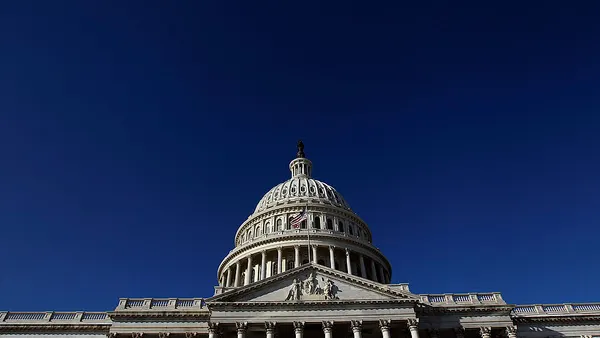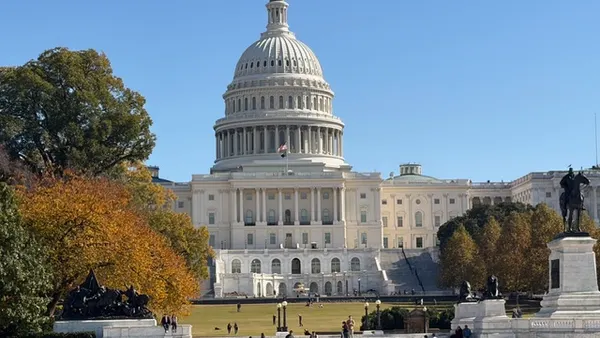Dive Brief:
- It’s not surprising many uninsured Americans can’t pay their medical bills, but a new survey by the Kaiser Family Foundation and The New York Times finds one in five working-age Americans with health coverage also had problems paying their bills in the past year.
- Individuals in higher-deductible plans are more likely to report problems with medical bills than those in low-deductible plans — 26% versus 15%, according to the survey.
- Among those who struggled with medical bills in the past 12 months, 35% said their doctors never explained the costs of procedures and 26% said they rarely did so.
Dive Insight:
Nearly a third (31%) of those reporting medical problems had bills totaling at least $5,000 last year, while 13% had bills of $10,000 or more. Still, one in four people struggled to pay bills totaling less than $1,000, the survey states.
Among all those with payment problems, both insured and uninsured, 61% report they are just meeting basic expenses or can’t make ends meet.
More than half of people with health coverage (55%) say they are just getting by or unable to do so. Seventy-five percent of those insured when they incurred the bills say their copay, deductible or coinsurance was more than they could afford.
The survey also found people who have problems paying medical bills are two to three times more likely to defer or skip health visits than those who don’t have such problems — potentially leading to more serious health issues and even higher bills down the road.
The survey was conducted from Aug. 28, 2015 through Sept. 28, 2015 among a nationwide sample of 2,675 adults ages 18 to 64, including 1,204 who reported problems paying medical bills and 1,371 who did not.











